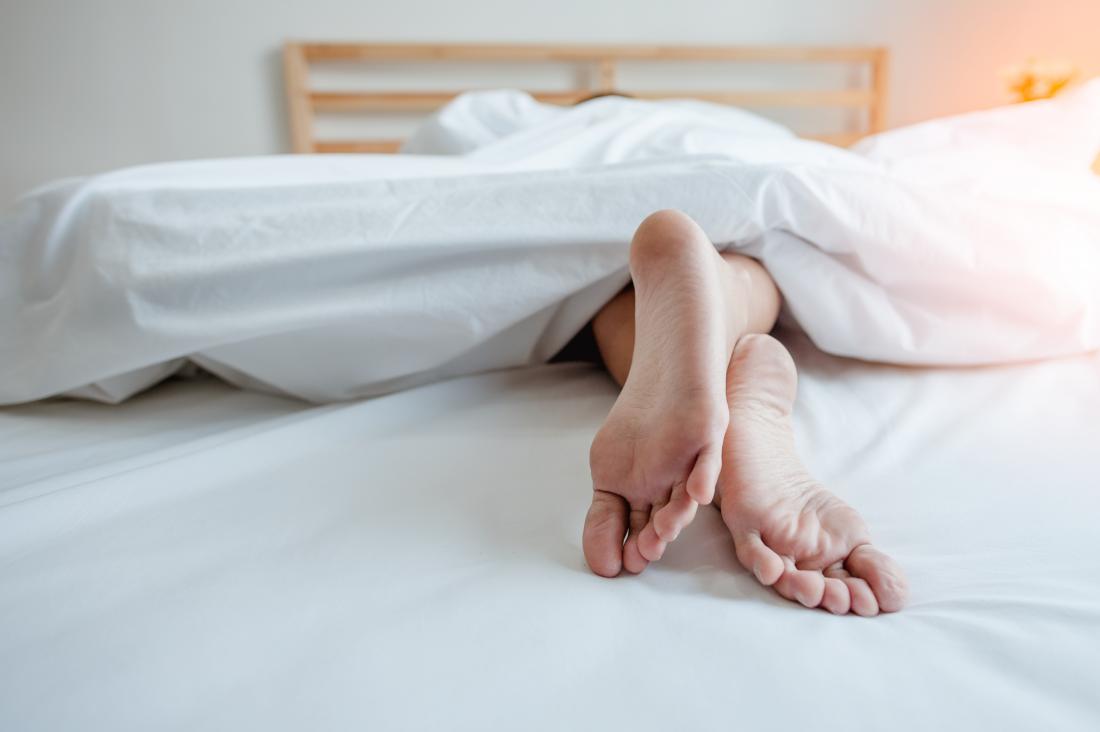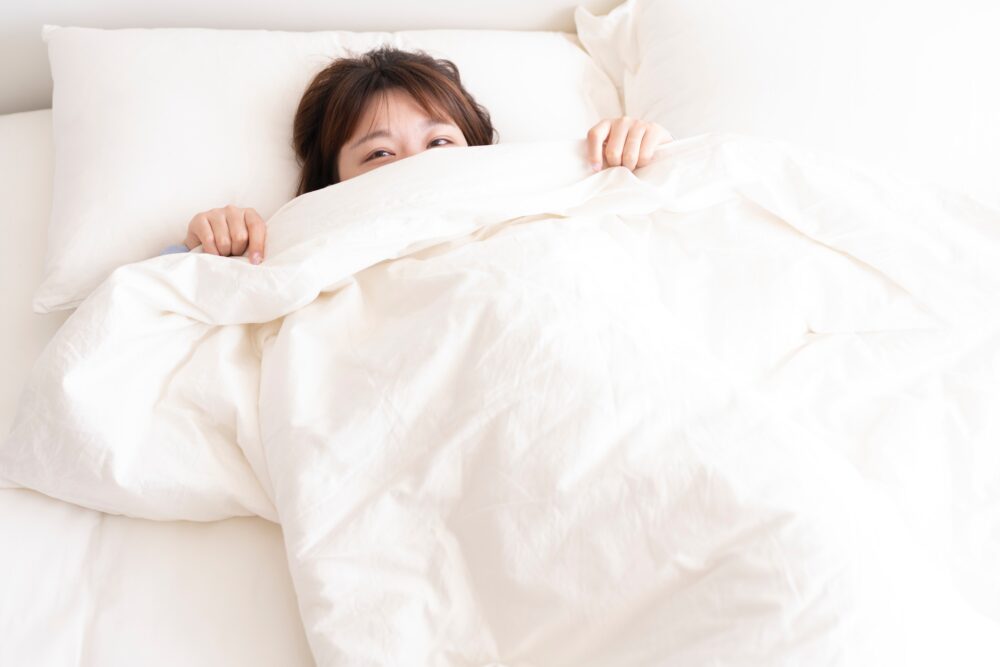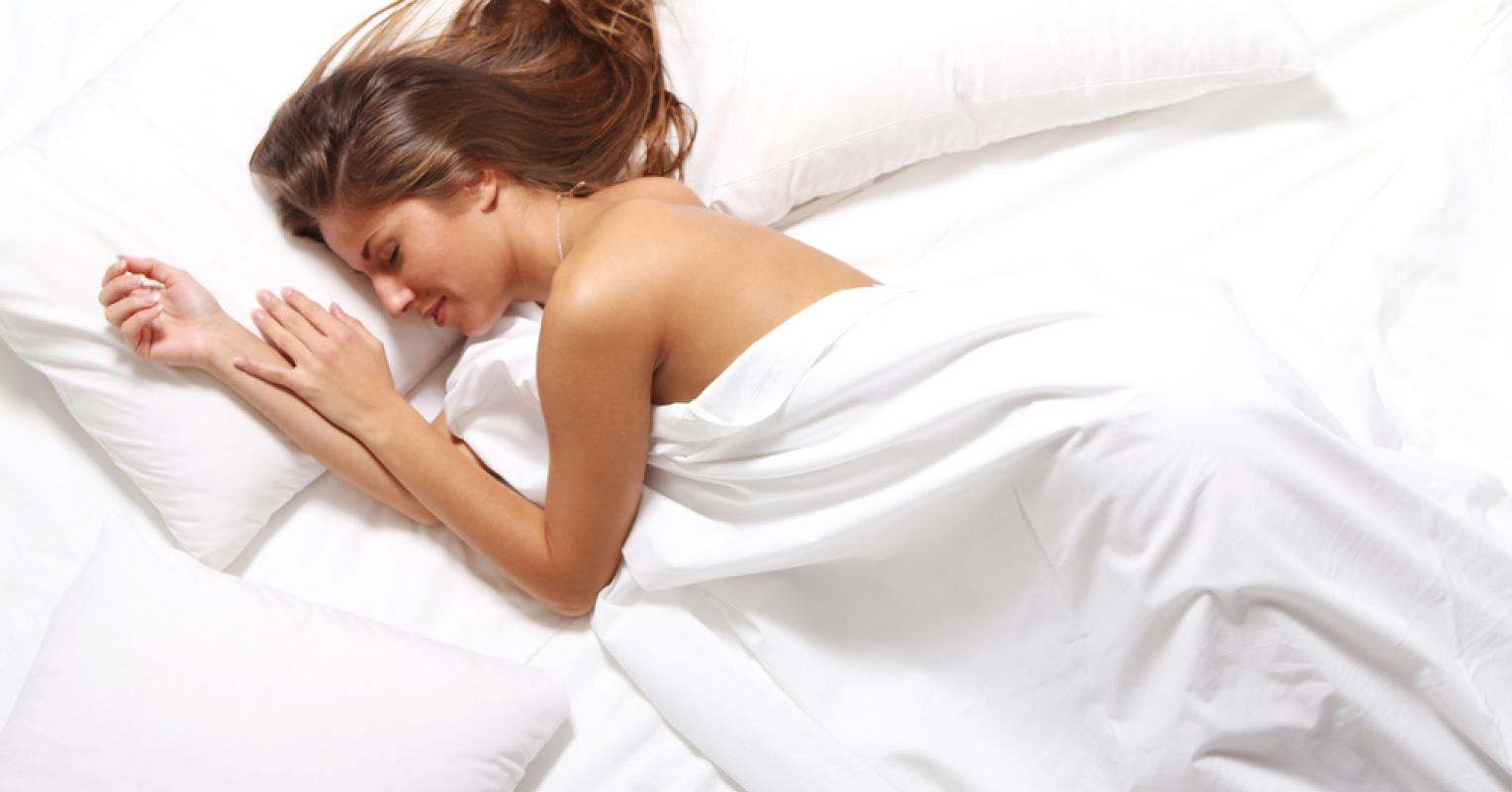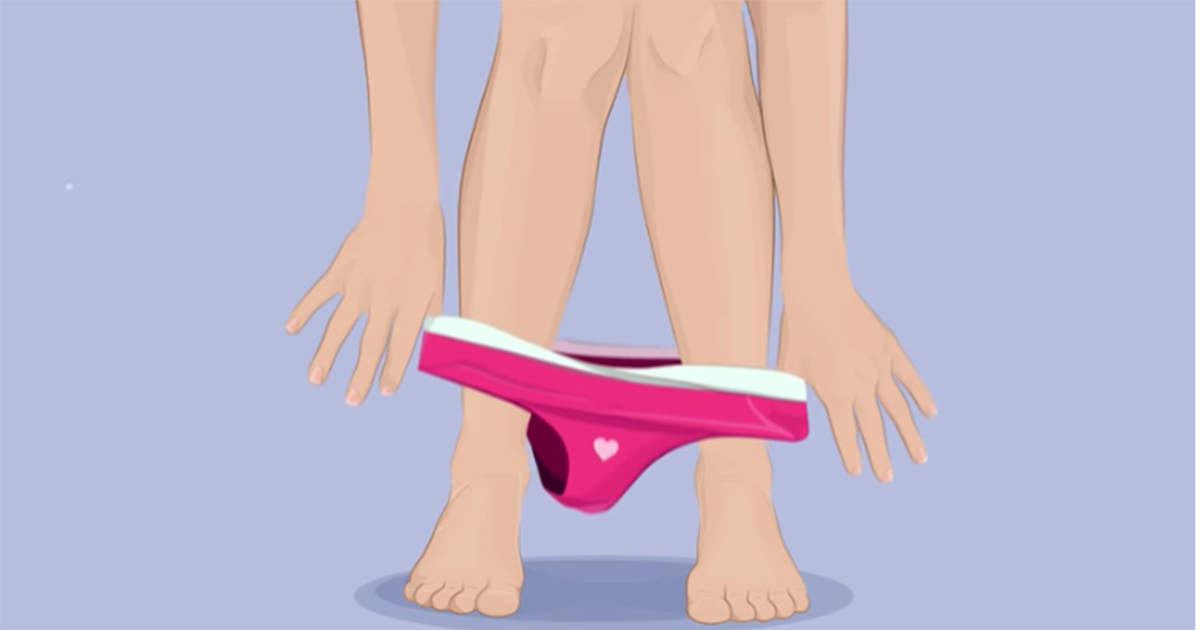While it may not be the most commonly discussed sleep practice, sleeping without clothes has attracted growing interest due to its potential benefits for overall health and well-being. But how much of the buzz around sleeping naked is supported by credible scientific evidence? In this article, we explore what current research and health experts say about the pros of sleeping in the nude—strictly from a wellness and medical standpoint.
1. Improved Sleep Quality Through Temperature Regulation

Maintaining an optimal core body temperature is essential for high-quality sleep. According to the Sleep Foundation, the ideal bedroom temperature for restful sleep is between 60°F and 67°F (15.6°C to 19.4°C) . Wearing heavy or tight-fitting clothes can sometimes interfere with the body’s natural cooling process, especially during warmer seasons or in poorly ventilated spaces.
By sleeping without clothes, the body cools more efficiently, which can help maintain that optimal temperature range. A study published in Brain: A Journal of Neurology found that a slight drop in core temperature can promote deeper sleep by helping the body enter the slow-wave sleep phase more quickly .
2. Supports Natural Melatonin and Cortisol Rhythms

Temperature regulation also plays a role in hormonal balance, particularly in the production of melatonin, the hormone responsible for sleep-wake cycles. Melatonin production typically increases in cooler environments, as indicated by research from the National Institutes of Health (NIH) . Sleeping in a cooler room—or without pajamas—can help facilitate this process naturally.
In addition, cooler environments may support lower nighttime cortisol levels. Cortisol, commonly known as the “stress hormone,” fluctuates throughout the day, but elevated levels at night can disrupt sleep. The Endocrine Society has linked nighttime temperature to cortisol regulation, showing that high temperatures may interfere with proper hormonal cycling .
3. Potential Benefits for Skin Health and Hygiene

Tight clothing, especially synthetic fabrics, can trap moisture and heat, creating an environment conducive to skin irritations or infections. According to the American Academy of Dermatology, allowing skin to breathe at night may reduce the risk of conditions such as yeast infections or rashes in sensitive areas .
While sleeping naked is not a cure-all for skin problems, ensuring airflow and reducing friction can support general skin hygiene and comfort—especially for those with sensitive or allergy-prone skin.
4. May Enhance Intimacy and Relationship Satisfaction

Skin-to-skin contact between romantic partners has been shown to stimulate the release of oxytocin, a hormone associated with bonding and stress reduction. A study from Frontiers in Psychology highlights that physical closeness and non-sexual touch can foster emotional closeness, trust, and lower stress levels .
That said, sleeping naked is a personal choice, and its benefits in a relationship should not be generalized. Emotional connection, communication, and mutual comfort are all equally important factors in intimacy.
5. May Promote Better Blood Circulation

Although limited, some medical experts suggest that restrictive clothing—such as elastic waistbands, tight underwear, or socks—could interfere with circulation if worn throughout the night. Allowing the body to rest without constriction may benefit those who experience issues related to poor circulation or nighttime discomfort, according to Harvard Health Publishing .
Again, this doesn’t imply that all clothing disrupts circulation, but rather that removing tight garments may alleviate some pressure or discomfort for certain individuals.
6. May Reduce the Risk of Certain Infections (With Proper Hygiene)

For people prone to yeast infections or fungal overgrowth, especially in warm climates, airing out the body at night may provide some benefits. According to the Cleveland Clinic, warm and moist environments encourage the growth of Candida, a fungus responsible for yeast infections .
However, it is crucial to balance this with proper bedding hygiene. Sleeping naked on unwashed sheets or shared surfaces without protective clothing may increase the risk of other skin conditions if cleanliness is not maintained.
7. Psychological and Emotional Comfort

Some individuals report feeling a greater sense of relaxation and emotional comfort when sleeping without clothing. While this is subjective, the psychological component of sleep plays a vital role in overall sleep quality. The American Psychological Association has acknowledged that reducing physical discomfort and promoting a sense of ease before bedtime can significantly impact mental rest and relaxation .
Final Thoughts: Is Sleeping Naked Right for You?
While sleeping naked offers several potential health and comfort benefits, it ultimately depends on personal preference, cultural norms, and lifestyle factors. Individuals with specific medical conditions, sensitivities, or who share a room may choose alternatives such as wearing loose-fitting, breathable fabrics.
The key takeaway is that sleeping attire should support comfort, temperature regulation, and hygiene. Whether that means sleeping nude or in lightweight clothing, the goal is quality, restorative rest.
Sources:
-
National Institutes of Health – Melatonin and Circadian Rhythms
-
American Psychological Association – Sleep and Mental Health
